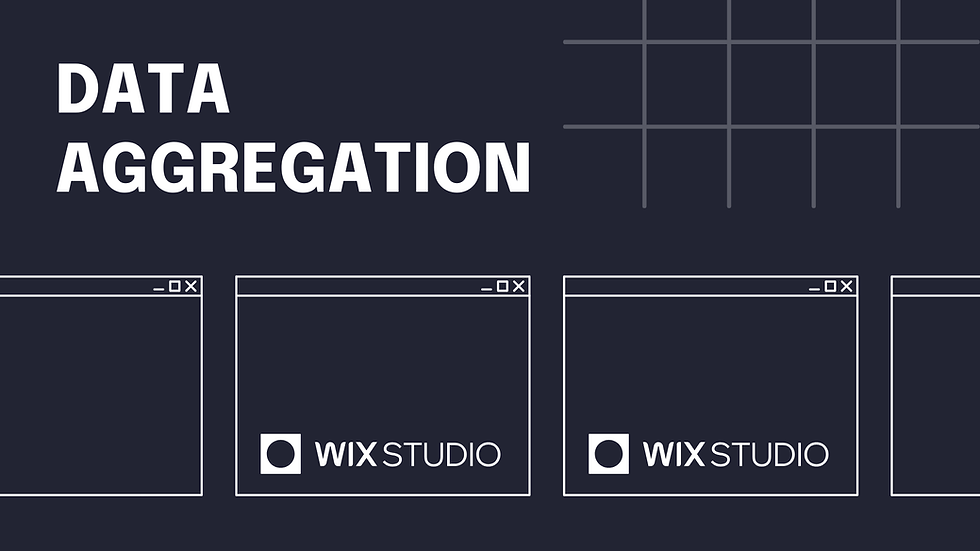The Three Biggest Disadvantages of Shopify for Small Business Owners
- Bizimuhit

- May 23, 2023
- 2 min read
Shopify is a popular e-commerce platform that enables businesses of all sizes to create an online store. While it has many benefits, there are also some disadvantages that small business owners should be aware of.
The three biggest disadvantages of Shopify for small business owners are as follows:
1. Shopify is not the most user-friendly platform
2. The cost of using Shopify can be prohibitive for small businesses
3. Shopify doesn't offer as many features as some of its competitors
The Three Biggest Disadvantages of Shopify for Small Business Owners
Shopify is not the most user-friendly platform
When it comes to user-friendliness, Shopify falls behind its competitors. The platform has a steep learning curve and can be overwhelming for those who are new to creating an online store. As a result, small business owners may struggle to understand and navigate the platform.
Furthermore, Shopify doesn’t provide any user support and all tutorials are provided in the form of video and written guides. While these are helpful, they don't always answer specific questions that business owners may have. Additionally, Shopify doesn’t offer a drag-and-drop feature, which means that small business owners would need to have some knowledge of HTML and CSS in order to design the store.
The cost of using Shopify can be prohibitive for small businesses
When it comes to cost, Shopify is not the most budget-friendly e-commerce platform. Shopify offers three different plans, with the basic plan starting at $29 per month. This may seem like a low price tag, but there are additional fees associated with using Shopify. For example, businesses are charged a transaction fee for each order they receive, as well as an additional fee for accepting online payments.
Additionally, businesses need to pay for website hosting, as well as any themes and apps they use. For small businesses that are just starting out, the cost of using Shopify can be prohibitive and may prevent them from taking advantage of the platform. This means that many small businesses have to look for other e-commerce options that are more cost-effective.
Shopify doesn't offer as many features as some of its competitors
Shopify has a range of features that small businesses can take advantage of, but it doesn’t offer as many features as some of its competitors. For example, Shopify doesn’t offer multi-channel selling, meaning small businesses cannot easily sell on platforms such as eBay or Amazon. While certain apps and plug-ins can be purchased to enable multi-channel selling, it involves an additional cost and is not as straightforward as other e-commerce platforms.
Moreover, Shopify doesn’t provide any marketing tools and doesn’t offer detailed analytics on sales performance or customer behavior. While it does offer basic reporting tools, they are not as robust as some of its competitors and lack the level of detail that small businesses need to make informed decisions.
Conclusion
Shopify is a popular platform for businesses to create an online store. However, it does have some disadvantages for small business owners including its lack of user-friendliness, the cost of using it, and limited features. Therefore, small business owners should consider the pros and cons of Shopify before deciding if it’s the right e-commerce platform for their business.



Comments